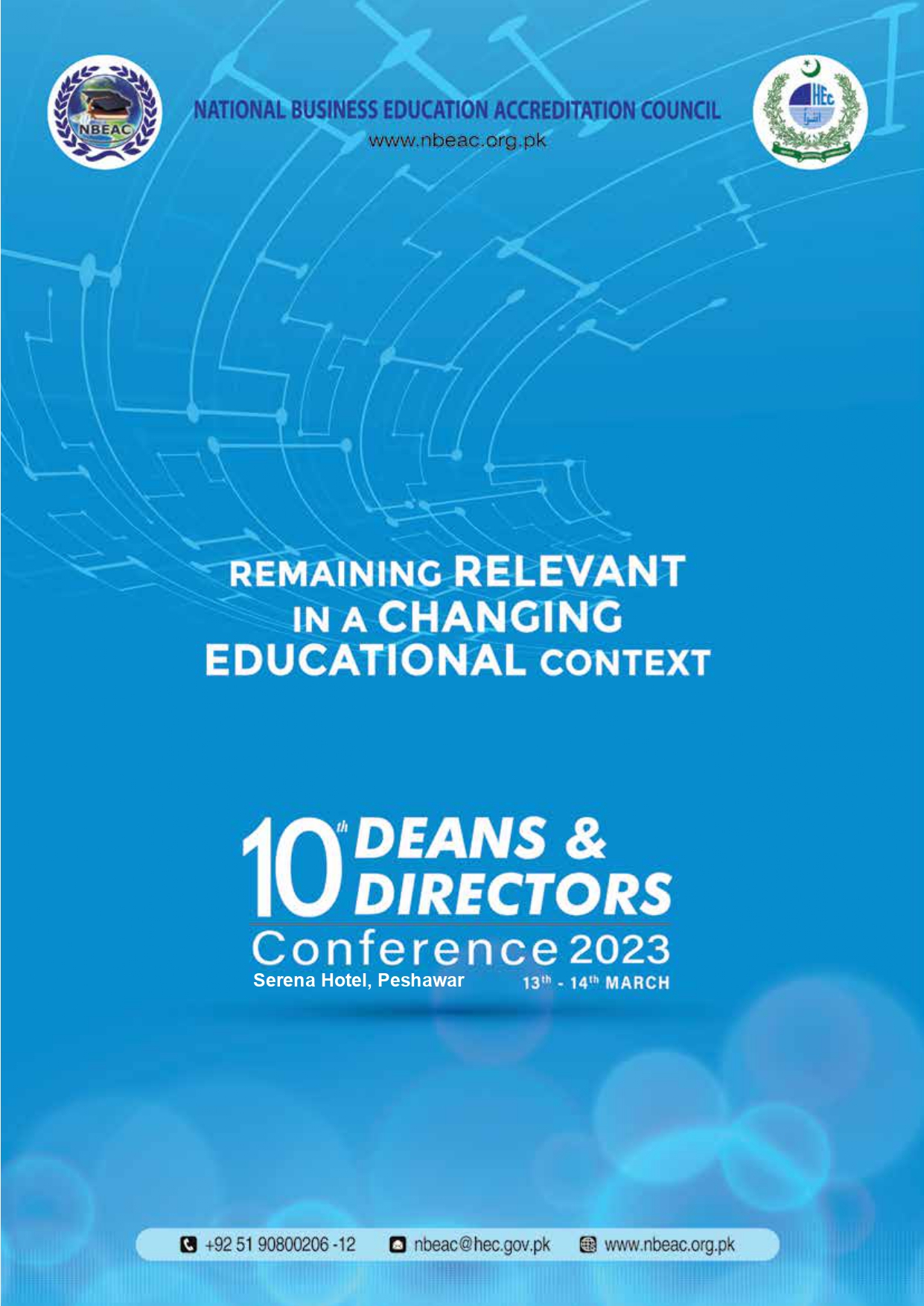
- About Conference
- Conference Program
- Presentations
- Speakers
- Sponsors
- Sponsorship Packages
- Registration Info
|
10th Deans and Directors Conference, Serena Hotel, Peshawar, 13th – 14th March 2023
|
|---|
|
Theme: Remaining Relevant in a Changing Educational Context
|
| The theme of this year’s Conference is Remaining Relevant in a Changing Educational Context. This is based on the realization that the spread of digital technology and the emergence of environmental, social and governance (ESG) concerns have created new curriculum and faculty skill needs. The five sessions described below focus on what Pakistan’s business schools must consider in order to remain relevant in a dynamic educational context. |
|
Reinventing Business Education
|
| There is much talk of a fourth industrial revolution characterized by digital and artificial intelligence technology. At the same time, environmental, social and governance concerns have become more prominent among businesses as well as in society at large. How should business schools reinvent themselves to accommodate these trends? This may require changes in curricula as well as teaching methods to provide skill sets to graduates that relate to the emerging technology and rising social concerns. |
|
Thinking Globally, Acting Locally
|
| The typical business education program in Pakistan leans heavily on international textbooks and case studies, emphasizing concepts and strategies that are mostly of relevance to large businesses. At the same time, many feel that business education must be tailored to local needs, especially among schools situated in areas with little or no conventional banking and industry but with much local trade and commerce. What might such customization involve in terms of curricula and practical experience? Adapting global knowledge to local contexts is also relevant in the realm of ESG concerns. |
|
Making Research Relevant for Business
|
| How should we think about the role of research in business education? On the one hand, existing practice requires senior faculty to have PhD qualifications and to demonstrate research skills through academic publications. On the other hand, very few of them are actually involved in advisory and consulting roles. Many business leaders openly complain that local faculty are not relevant to their practical needs. So what should a business PhD be about? What types of research are most relevant to derive practical solutions for business managers? And how can ESG concerns be integrated into research programs? |
|
Lifelong Learning
|
| Lifelong education makes sense when the relevance of knowledge transmitted through formal multi-year education programs (such as BBAs and MBAs) is undermined by a rapidly transforming world in which firms and products dominant today did not even exist a quarter century ago. What has been the experience with such programs in Pakistan? Should they focus on sectoral specificities while formal multi-year programs focus on general competencies? Do such programs have a future in towns where commerce predominates and the typical business unit is too small to offer opportunities for in-service training to staff? |
|
Reimagining Business School Leadership
|
|
Given the changing environment for business education, what skills should the ideal business school leader possess? This leads to a consideration of how leaders are chosen for most public and private business schools in Pakistan. Should some selection practices be modified and some skills or experience profiles be given more weight than others? Should academic management be reserved for faculty or should be it opened to managers and executives with experience in business, government and non-government agencies?
|
(Sessions are shown below at Pakistan Standard Time)
|
Timings |
Welcome Dinner on Sunday, 12th March 2023 at Institute of Management Sciences, Peshawar |
|
|
18:00 |
Arrival of Guests |
|
|
19:00 – 19:30 |
Campus Showcase |
|
|
19:30 – 20:30 |
Dinner & Networking |
|
|
20:45 |
Departure to Hotel |
|
|
Timings |
Monday, 13th March 2023 |
|
|
09.00-10.00 |
Registrations |
|
|
10.00-11.00 |
Inaugural session |
|
|
10.00-10.05 |
Opening Remarks by Dr. Farrukh Iqbal, Chairman, NBEAC |
|
|
10.05-10.15 |
Prof. Dr. Mukhtar Ahmed, Chairman, Higher Education Commission, Pakistan (to be confirmed) |
|
|
10.15-10.45 |
Keynote speech by Mr. Osman Sultan, CEO, DU Telecom |
|
|
10.45-11.00 |
Distribution of souvenirs to honorable chief guest and sponsors |
|
|
11.00-11.30 |
Coffee break |
|
|
11.30- 13.00 |
Panel A: Reinventing business education There is much talk of a fourth industrial revolution characterized by digital and artificial intelligence technology. At the same time, environmental, social and governance concerns have become more prominent among businesses as well as in society at large. How should business schools reinvent themselves to accommodate these trends? This may require changes in curricula as well as teaching methods to provide skill sets to graduates that relate to the emerging technology and rising social concerns. |
|
|
Moderator |
Dr. Sadia Nadeem, Professor, FAST_NU, Islamabad |
|
|
Panelist 1 |
Mr. Masood Ul Mulk, Chief Executive Officer, Sarhad Rural Support Programme (SRSP) |
|
|
Panelist 2 |
Mr. Yasser Bashir, Chief Executive Officer, Arbisoft (Pvt.) Ltd |
|
|
Panelist 3 |
Mr. Mubashar Hameed, Rector, Karachi School of Business & Leadership (KSBL) |
|
|
Panelist 4 |
Dr. Hassan Dawood, Former CEO, Khyber Pakhtunkhwa Board of Investment and Trade (KP BOIT) |
|
|
Panelist 5 |
Dr. Irfan Hyder, Vice Chancellor, Ziauddin University, Karachi |
|
|
|
Q&A |
|
|
|
Distribution of souvenirs |
|
|
13.00-14.00 |
Lunch & prayer break |
|
|
14.00-14.30 |
Collaboration for Positive Societal Impact: AACSB Accreditation Expectations This session will look at the AACSB approach to societal impact, the importance of mission and strategy in driving impact, and the key standards which schools engage to fulfill their societal impact aspirations. Dr. Geoff Perry, Executive Vice President, Global Chief Membership Officer and Managing Director, Asia Pacific, AACSB . |
|
|
14.30-16.00 |
Panel B: Thinking globally, acting locally The typical business education program in Pakistan leans heavily on international textbooks and case studies, emphasizing concepts and strategies that are mostly of relevance to large businesses. At the same time, many feel that business education must be tailored to local needs, especially among schools situated in areas with little or no conventional banking and industry but with much local trade and commerce. What might such customization involve in terms of curricula and practical experience? Adapting global knowledge to local contexts is also relevant in the realm of ESG concerns. |
|
|
Moderator |
Dr. Sami Farooq, Dean, Ghulam Ishaq Khan Institute of Engineering Sciences and Technology (GIKI) |
|
|
Panelist 1 |
Mr. Ather Imran Nawaz, Chief Executive Officer, Sybrid (Private) Limited |
|
|
Panelist 2 |
Dr. Shahid Qureshi, Rector, GIFT University, Gujranwala |
|
|
Panelist 3 |
Mr. Omar Saeed, Chief Executive Officer, Service Industries Limited (SIL) |
|
|
Panelist 4 |
Mr. Akbar Ayub Khan, Chief Executive Officer, VIZPRO Pvt. Ltd. |
|
|
Panelist 5 |
Dr. Khurram Shehzad, Head, Lahore Business School, The University of Lahore |
|
|
|
Q&A |
|
|
|
Distribution of souvenirs |
|
|
16.00-17.30 |
Panel C: Making research relevant for business How should we think about the role of research in business education? On the one hand, existing practice requires senior faculty to have PhD qualifications and to demonstrate research skills through academic publications. On the other hand, very few of them are actually involved in advisory and consulting roles. Many business leaders openly complain that local faculty are not relevant to their practical needs. So what should a business PhD be about? What types of research are most relevant to derive practical solutions for business managers? And how can ESG concerns be integrated into research programs? |
|
|
Moderator |
Dr. Shaukat Brah, Founder Rector, Karachi School of Business and Leadership (KSBL) |
|
|
Panelist 1 |
Dr. Jawad Syed, Professor, LUMS |
|
|
Panelist 2 |
Mr. Adil Rashid, Chief Executive Officer, Wateen Telecom Limited |
|
|
Panelist 3 |
Mr. Waqas-ul-Hassan, Chief Executive Officer, Karandaaz |
|
|
Panelist 4 |
Mrs. Shamama-Tul-Amber Arbab, Co founder, Euro industries Pvt. Ltd. |
|
|
Panelist 5 |
Dr. Zahid Riaz, Associate Professor, Lahore School of Economics |
|
|
|
Q&A |
|
|
|
Distribution of souvenirs |
|
|
19.30 |
Dinner at City University, Peshawar |
|
|
Timings |
Tuesday, 14th March 2023 |
|
|
09.00-10.30
|
Panel D: Lifelong learning Lifelong education makes sense when the relevance of knowledge transmitted through formal multi-year education programs (such as BBAs and MBAs) is undermined by a rapidly transforming world in which firms and products dominant today did not even exist a quarter century ago. What has been the experience with such programs in Pakistan? Should they focus on sectoral specificities while formal multi-year programs focus on general competencies? Do such programs have a future in towns where commerce predominates and the typical business unit is too small to offer opportunities for in-service training to staff? |
|
|
Moderator |
Dr. Naukhez Sarwar, Principal and Dean, National University of Science and Technology & Vice Chairman (NBEAC) |
|
|
Panelist 1 |
Mr. Saquib H. Shirazi, Chief Executive Officer, Atlas Honda |
|
|
Panelist 2 |
Dr. Zahoor Hassan Syed, Professor, LUMS |
|
|
Panelist 3 |
Dr. Abdul Raziq, Dean, Faculty of Management Sciences, BUITEMS |
|
|
Panelist 4 |
Senator Nauman Wazir Khattak, Chief Executive, FF steel |
|
|
Panelist 5 |
Dr. Shujaat Mubarik, Dean, College of Business Management, Institute of Business Management (IoBM), Karachi |
|
|
|
Q&A |
|
|
|
Distribution of souvenirs |
|
|
10.30-11.00 |
Tea break |
|
|
11.00-11.30 |
Imagining the unimaginable; Faysal Bank Journey of Conversion to Islamic Bank Mr. Yousaf Hussain, President & CEO, Faysal Bank & Syed Majid Ali, CFO, Faysal Bank |
|
|
11.30-12.45 |
Panel E: Reimagining business school leadership Given the changing environment for business education, what skills should the ideal business school leader possess? This leads to a consideration of how leaders are chosen for most public and private business schools in Pakistan. Should some selection practices be modified and some skills or experience profiles be given more weight than others? Should academic management be reserved for faculty or should be it opened to managers and executives with experience in business, government and non-government agencies? |
|
|
Moderator |
Dr. Muhammad Mohsin Khan, Director, Institute of Management Sciences, Peshawar |
|
|
Panelist 1 |
Dr. Mohammad Mujahid, Professor and Rector, Pak-Austria Fachhochschule Institute of Applied Sciences and Technology |
|
|
Panelist 2 |
Dr. S. Akbar Zaidi, Executive Director, IBA, Karachi |
|
|
Panelist 3 |
Dr. Syed Mir Muhammad Shah, Professor, IBA Sukkur |
|
|
Panelist 4 |
Dr. Farrah Arif, Associate Dean, Dr Hasan Murad School of Management, University of Management & Technology, Lahore |
|
|
|
Q&A |
|
|
|
Distribution of souvenirs |
|
|
12.45- 13.00 |
Review of Conference by Dr. Naukhez Sarwar, Principal and Dean, National University of Science and Technology & Vice Chairman (NBEAC) |
|
|
13.00-13.15 |
Closing ceremony |
|
|
13.15 |
Lunch |
|
Training Programs
|
11.30- 12.00 |
Information session by Emerald Publishing |
|
14.00-15.30 |
Training Program 1: Refining your Peer Review skills |
|
Trainers |
Dr. Shaukat Brah, Founder Rector, Karachi School of Business and Leadership (KSBL) and Dr. Zahoor Hassan Syed, Professor, LUMS |
|
16.00-17.30 |
Training Program 2: Case Teaching and Writing |
|
Trainer |
Dr. Ehsan ul Haq, Professor Emeritus, LUMS |
Tuesday, 14th March 2023
|
11.00-12.30 |
Training Program 3: Accreditation and Re-accreditation Strategies |
|
Trainer |
Dr. Farooq-e-Azam Cheema, Provost KSBL |
| 10th Deans and Directors Conference 2023 - Speakers | |||
|---|---|---|---|
 Mr. Osman Sultan CEO DU Telecom |
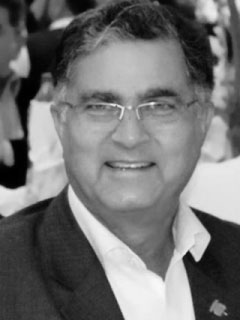 Senator Nauman Wazir Khattak Chief Executive SFF Steel |
 Mr. Masood Ul Mulk Chief Executive Officer Sarhad Rural Support Programme |
 Dr. Farrukh Iqbal Chairman NBEAC |
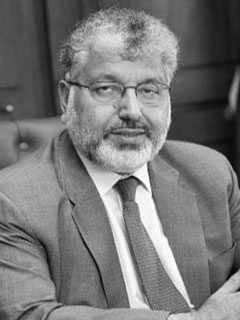 Dr. Mukhtar Ahmed Chairman Higher Education Commission, Pakistan |
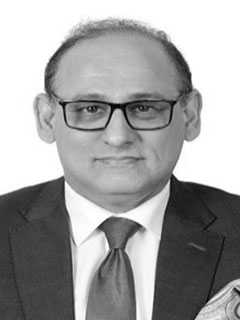 Dr. Hassan Dawood Former CEO Khyber Pakhtunkhwa Board of Investment and Trade (KP BOIT) |
 Mr. Yasser Bashir Chief Executive Officer Arbisoft (Pvt.) Ltd |
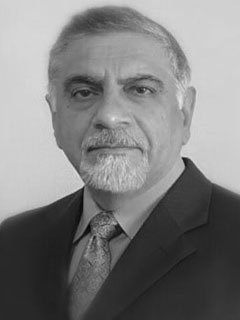 Mr. Mubashar Hameed Rector Karachi School of Business & Leadership (KSBL) |
 Mr. Saquib H. Shirazi Chief Executive Officer Atlas Honda |
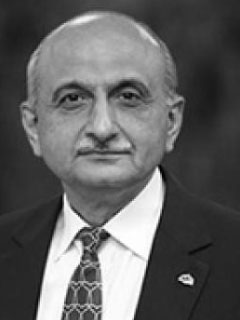 Dr. Zahoor Hassan Syed Professor LUMS |
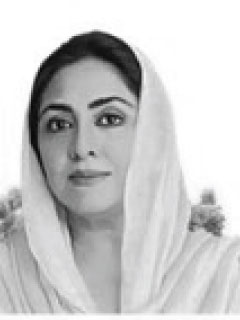 Mrs. Shamama-Tul-Amber Arbab Co Founder Euro industries Pvt. Ltd. |
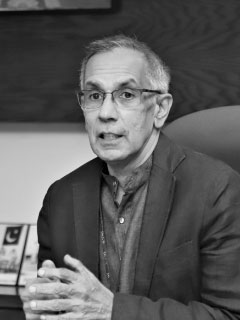 Dr. S Akbar Zaidi Executive Director IBA, Karachi |
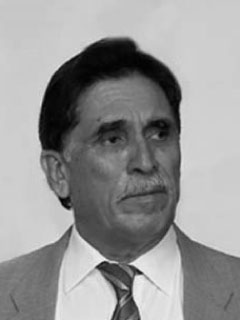 Dr. Nasser Ali Khan Project Director Pak-Austria Fachhochschule Institute of Applied Sciences and Technology |
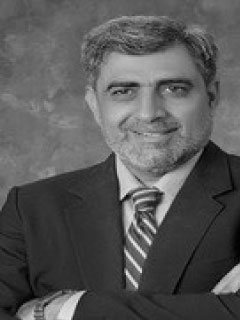 Dr. Irfan Hyder Vice Chancellor Ziauddin University, Karachi |
 Dr. Jawad Syed Professor LUMS |
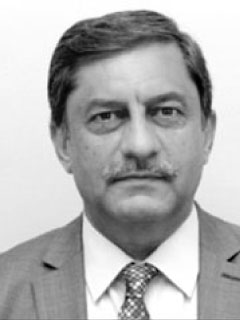 Dr. Muhammad Mohsin Khan Director Institute of Management Sciences, Peshawar |
 Dr. Sadia Nadeem Professor FAST_NU, Islamabad |
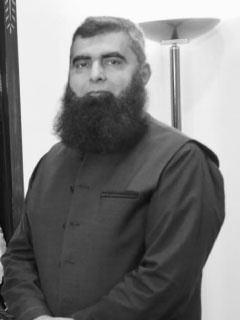 Dr. Shahid Qureshi Rector GIFT University Gujranwala |
 Mr. Ather Imran Nawaz Chief Executive Officer Sybrid (Private) Limited |
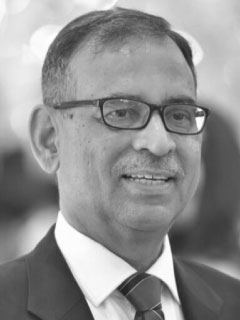 Dr. Shaukat Brah Founder Rector KSBL |
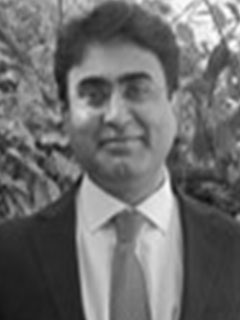 Dr. Sami Farooq Dean Ghulam Ishaq Khan Institute of Engineering Sciences and Technology (GIKI) |
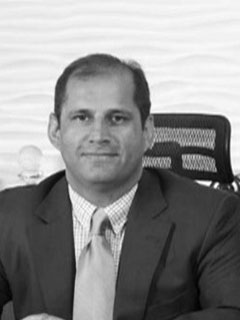 Mr. Omar Saeed Chief Executive Officer Service Industries Limited (SIL) |
 Mr. Akbar Ayub Khan Chief Executive Officer VIZPRO Pvt. Ltd |
 Dr. Khurram Shehzad Head, Lahore Business School The University of Lahore |
 Mr. Adil Rashid Chief Executive Officer Wateen Telecom Limited |
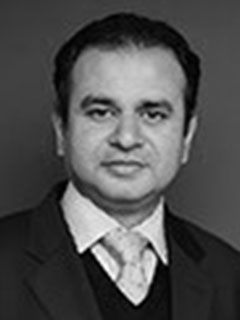 Mr. Waqasul Hassan Chief Executive Officer Karandaaz |
 Dr. Zahid Riaz Associate Professor Lahore School of Economics |
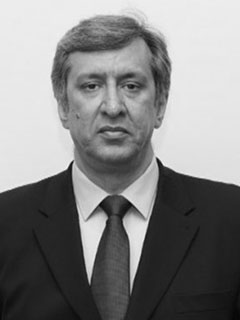 Dr. Naukhez Sarwar Principal and Dean National University of Science and Technology & Vice Chairman (NBEAC) |
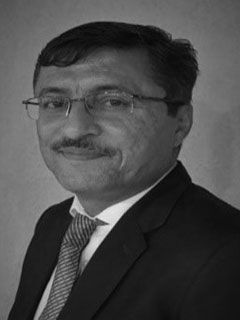 Dr. Abdul Raziq Dean Faculty of Management Sciences, BUITEMS |
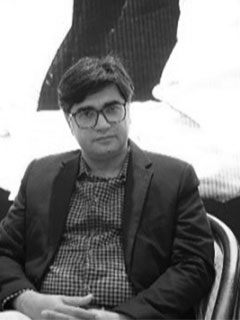 Dr. Shujaat Mubarik Dean, College of Business Management Institute of Business Management (IoBM), Karachi |
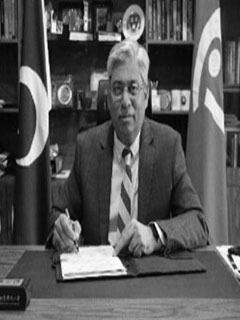 Dr. Muhammad Mujahid Professor and Rector Pak-Austria Fachhochschule Institute of Applied Sciences and Technology |
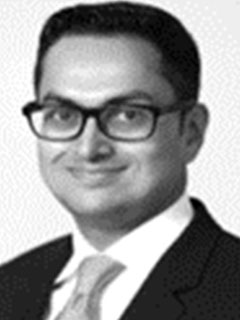 Mr. Furqan Syed Vice President and CEO PepsiCo Pakistan |
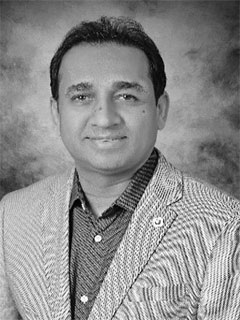 Dr. Mir Muhammad Shah Vice Chancellor IBA Sukkur |
 Dr. Farrah Arif Associate Dean Dr Hasan Murad School of Management, UMT, Lahore |
 Dr. Geoff Perry Executive Vice President Global Chief Membership Officer and Managing Director, Asia Pacific, AACSB |
 Mr. Yousaf Hussain President & CEO Faysal Bank |
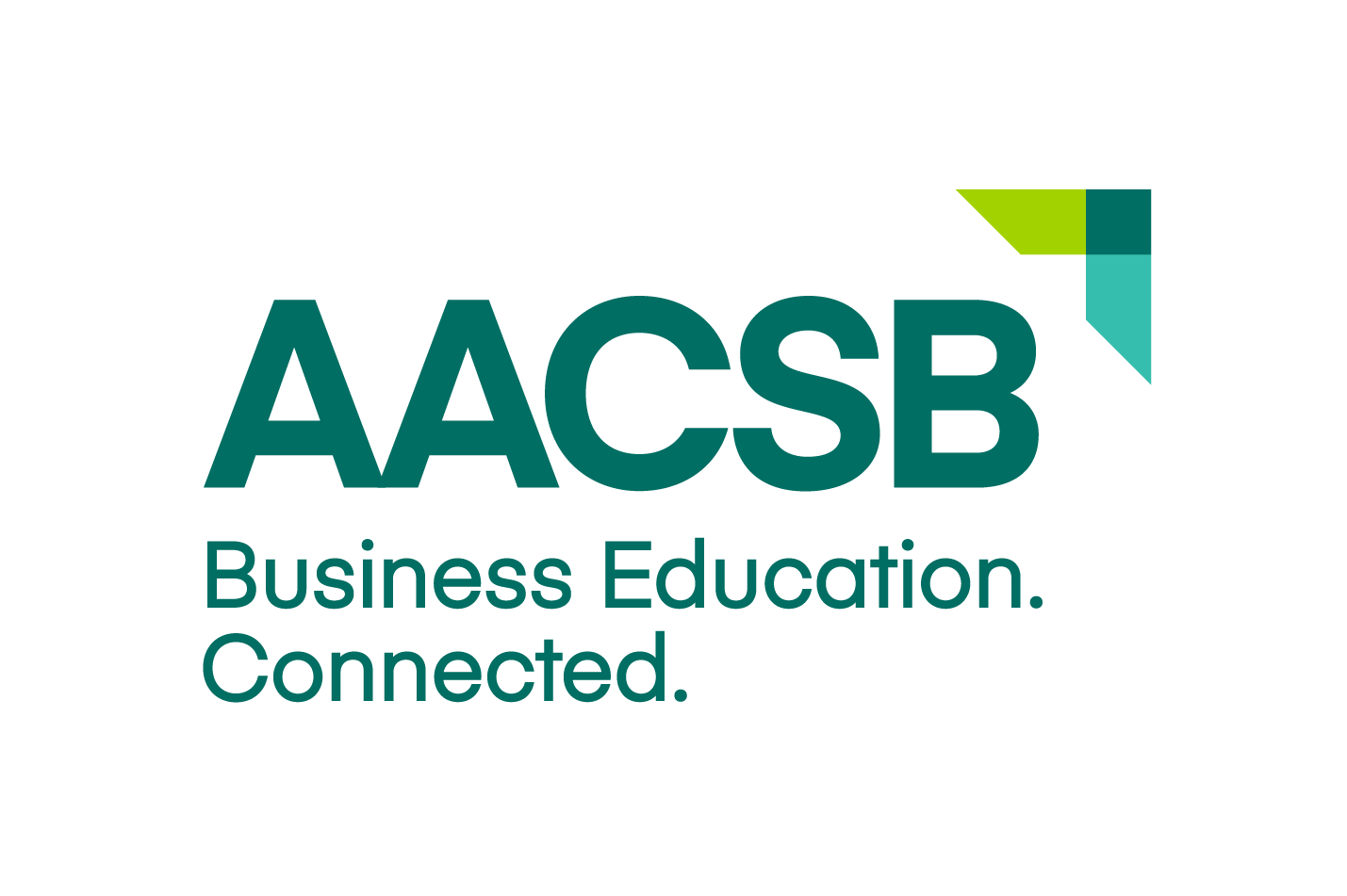 |
 |
 |
 |
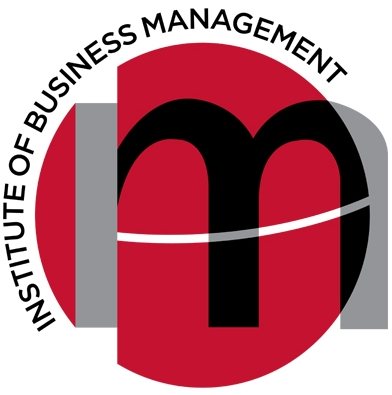 |
|
 |
 |
 |
 |
||
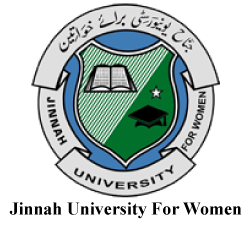 |
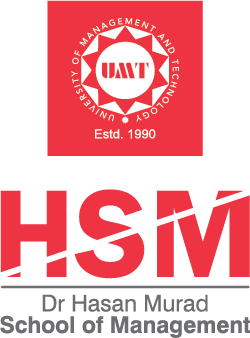 |
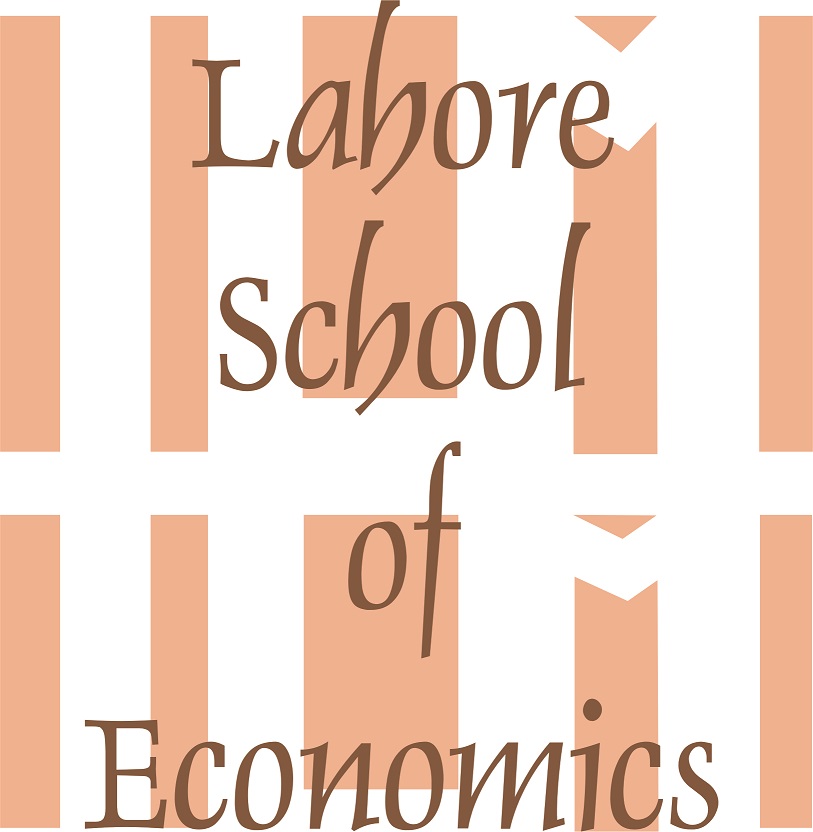 |
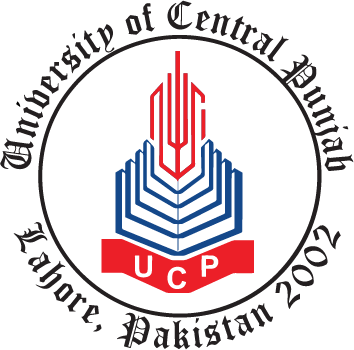 |
 |
 |
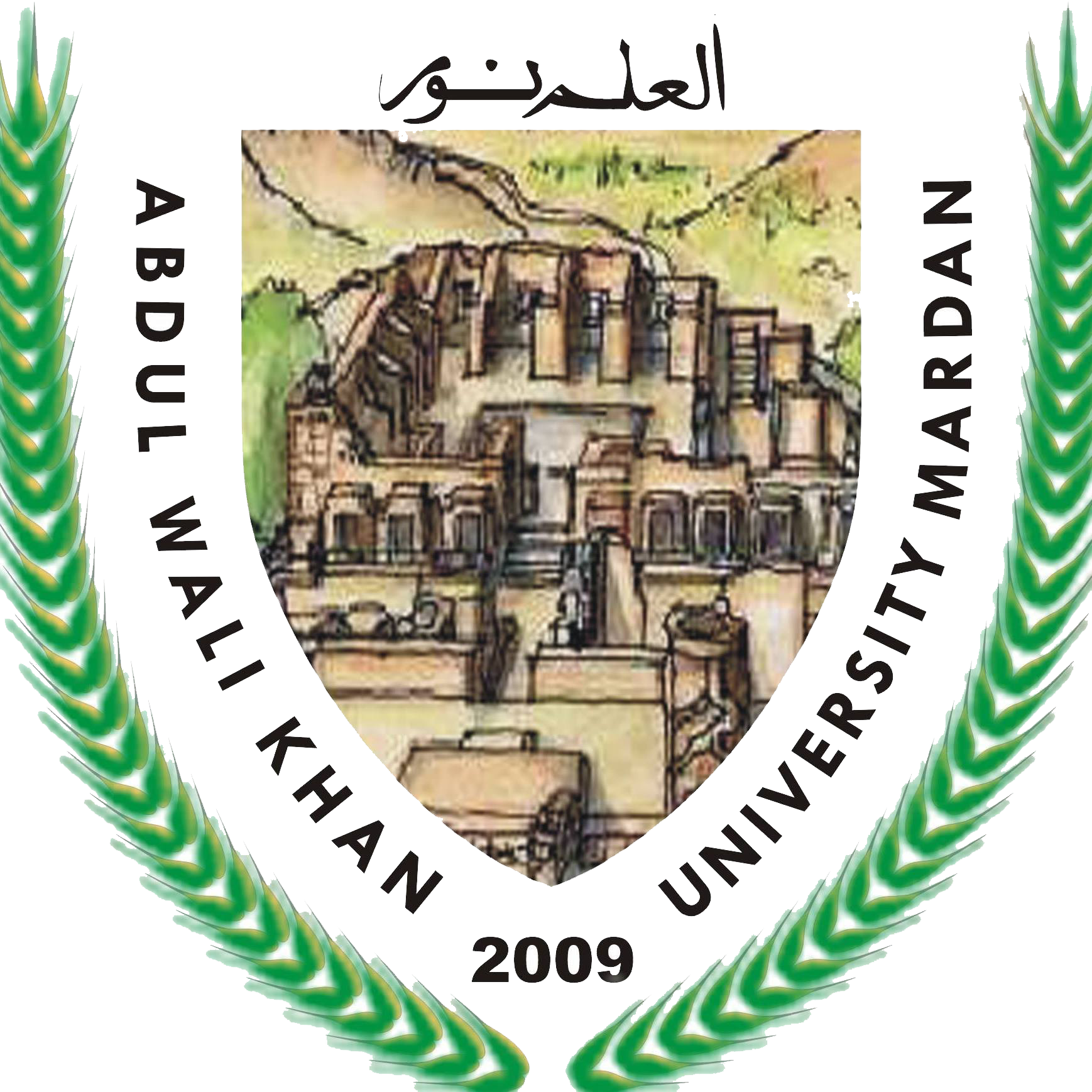 |
|||||
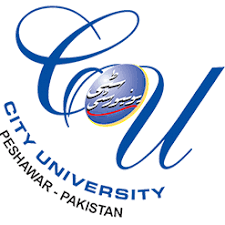 |
 |
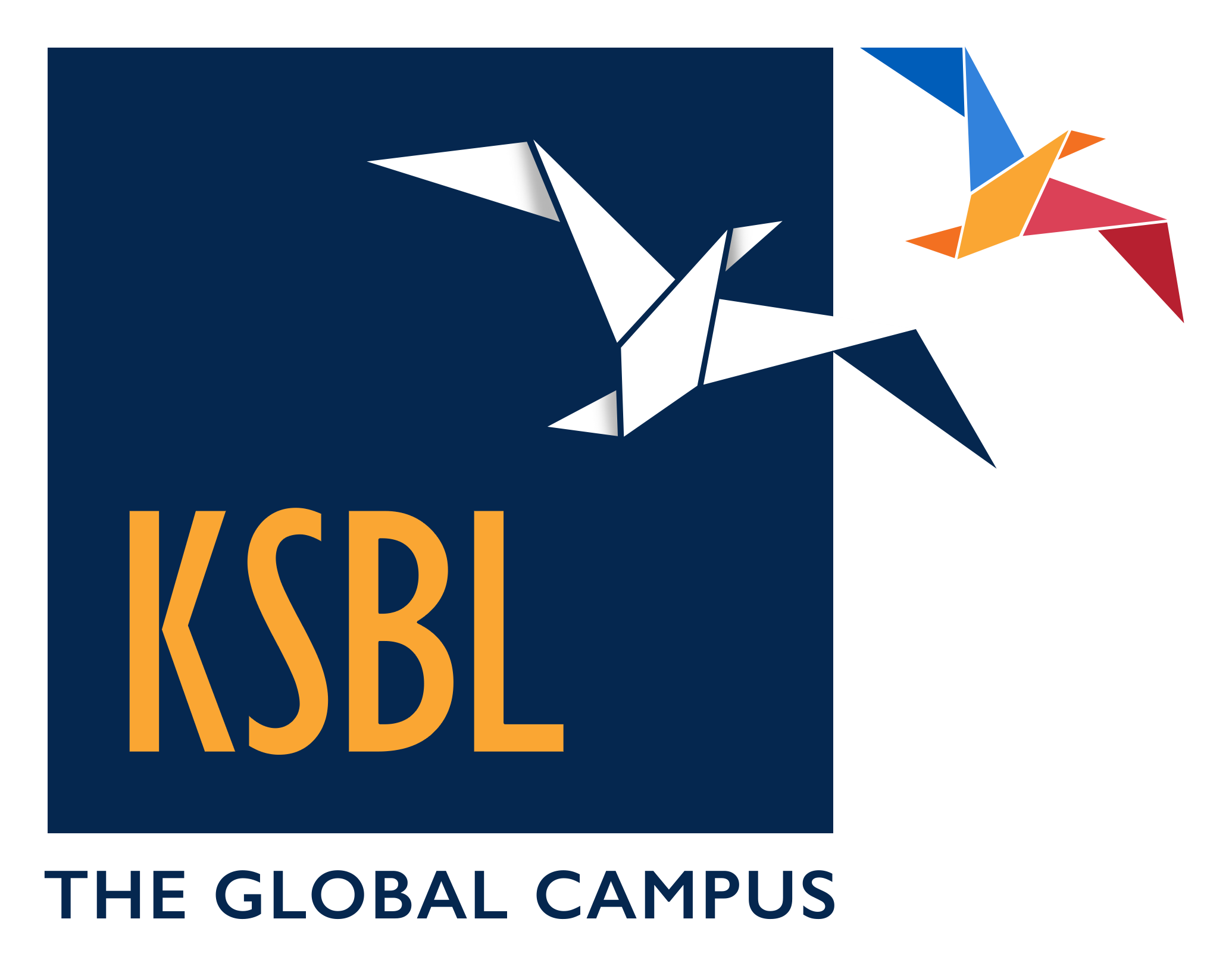 |
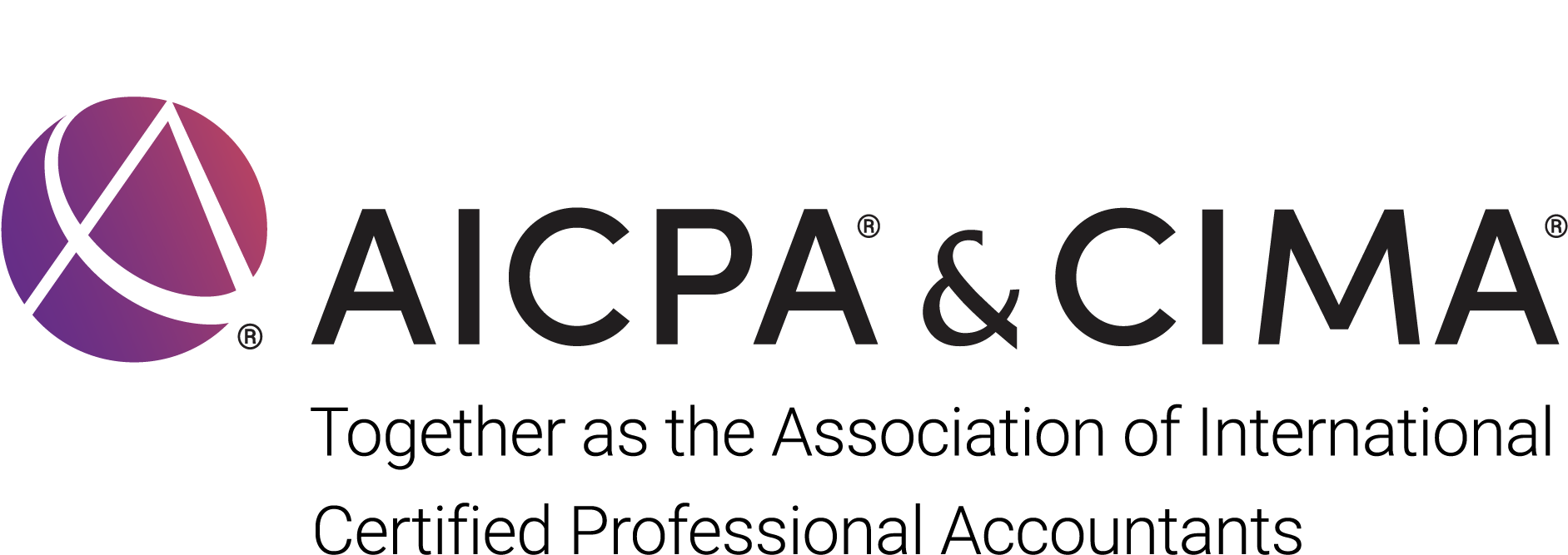 |
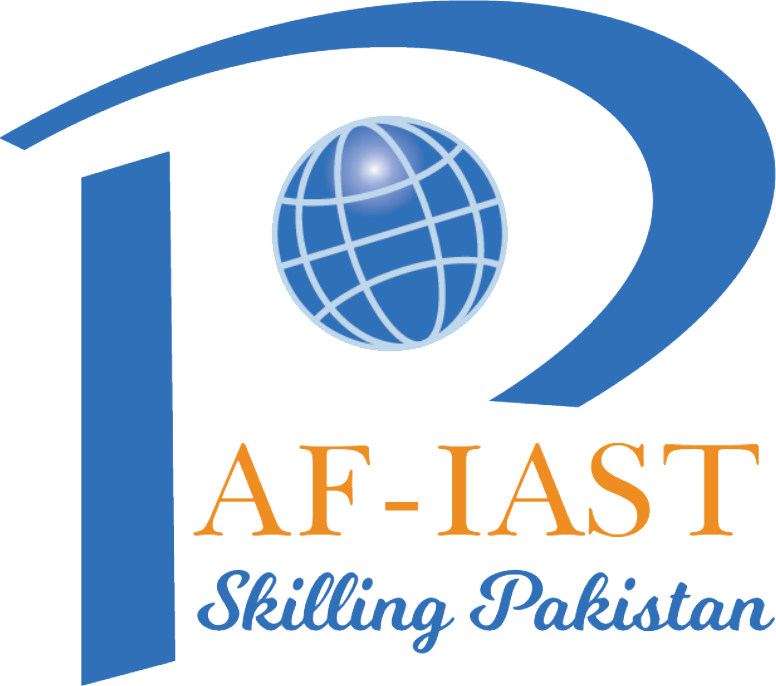 |
|
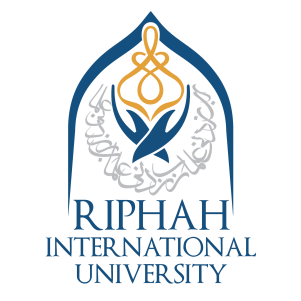 |
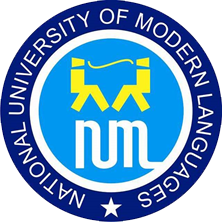 |
 |
 |
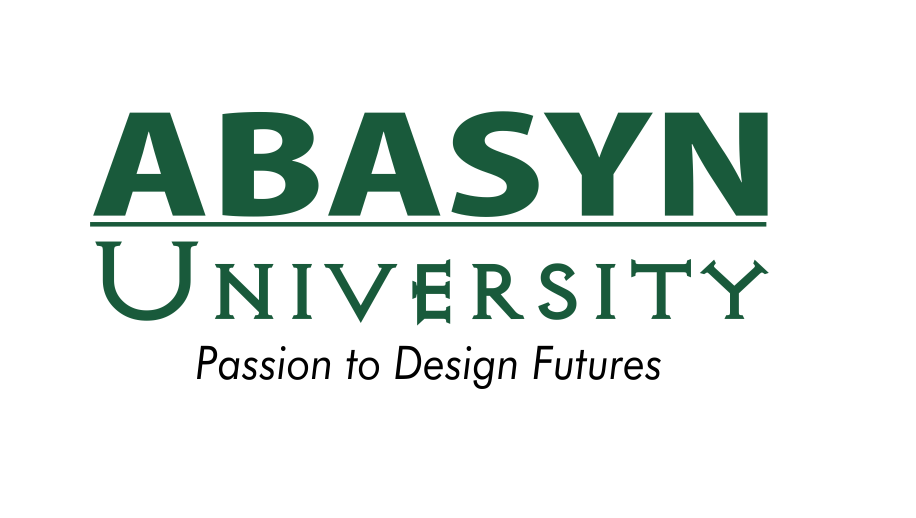 |
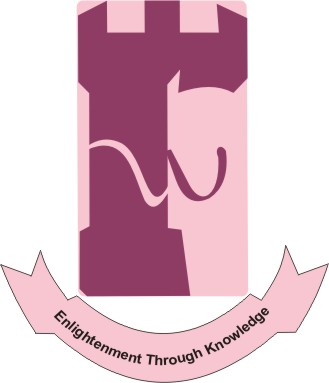 |
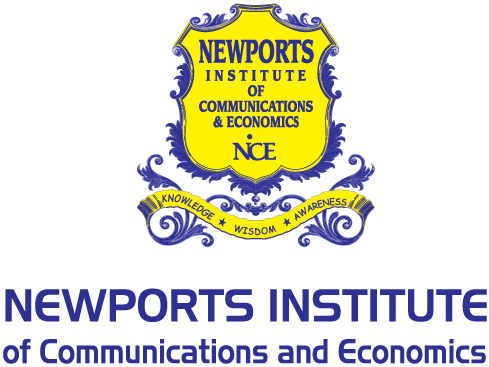 |
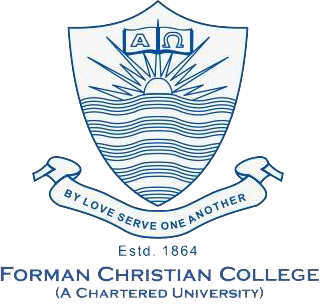 |
 |
 |
 |
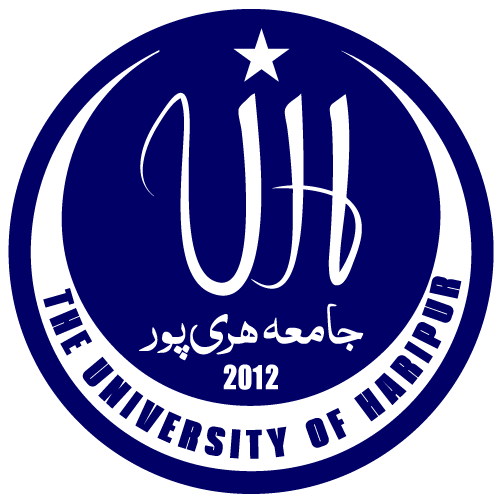 |
 |
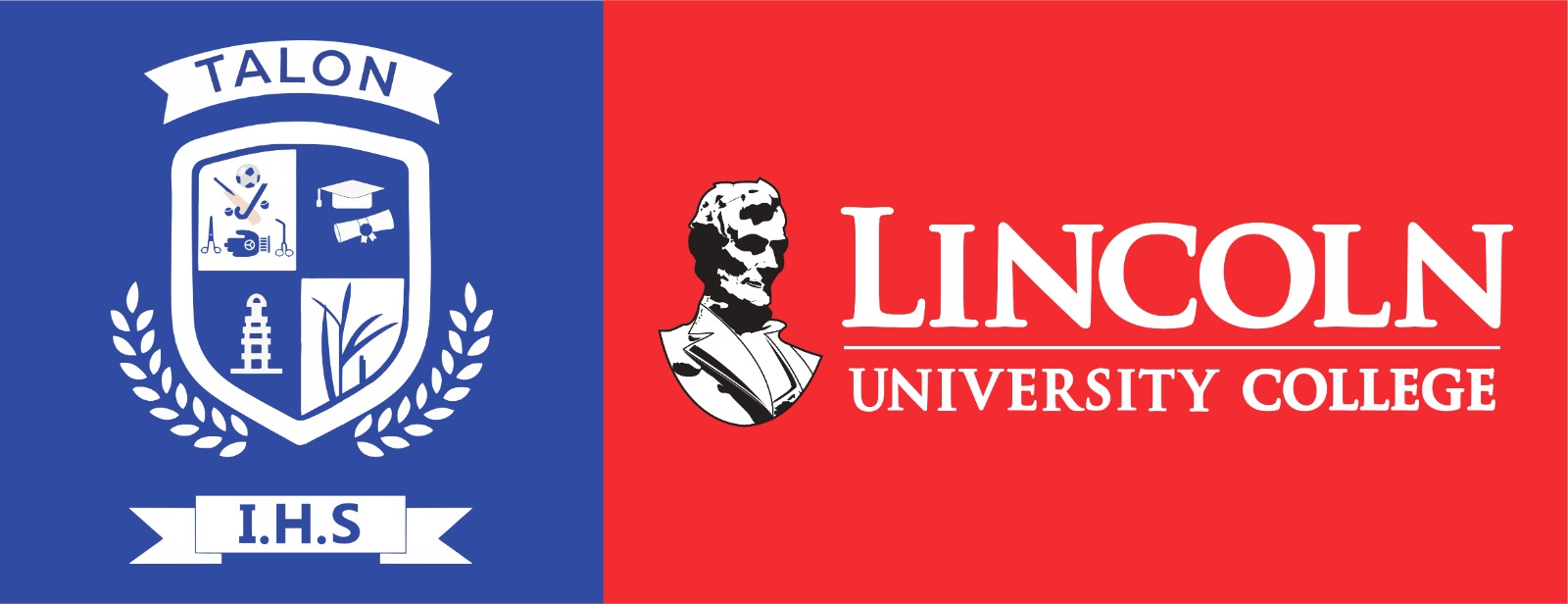 |
 |
 |
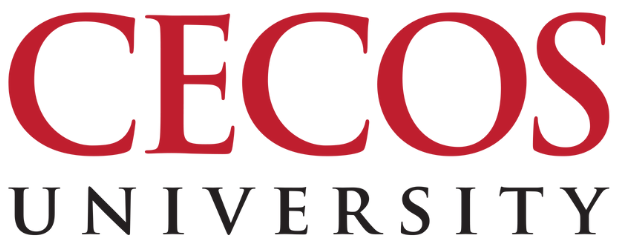 |
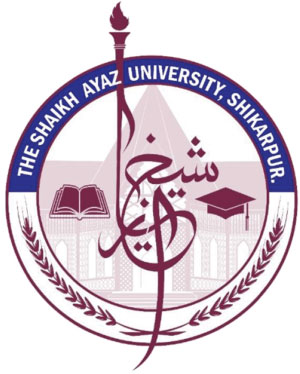 |
 |
 |
 |
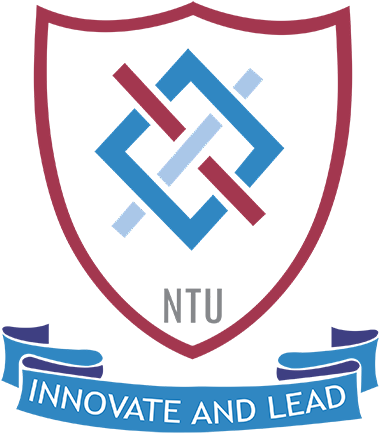 |
||
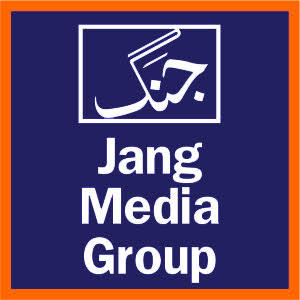 |
|||||
 |
 |
||||
Registration: 10th Deans & Directors 2023
Registrations Information:
• Conference Registration fee: 15,000/-PKR per person
Note:
For more information regarding conference and registration process, please feel free to call registration focal person Muhammad Usman Khan (Coordinator - Training & Development Wing)
Contact no: +923379726983
Email: musmank@hec.gov.pk



